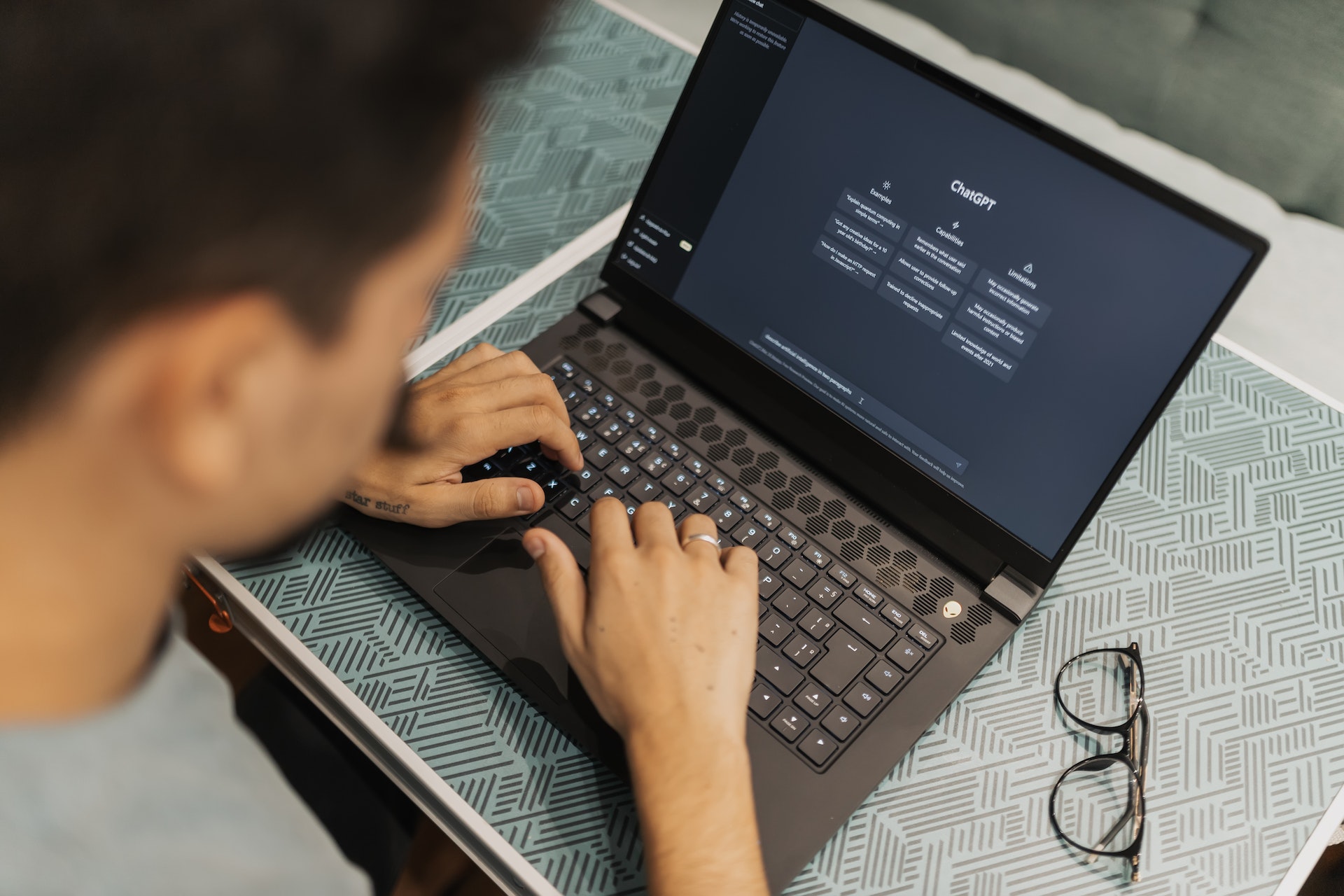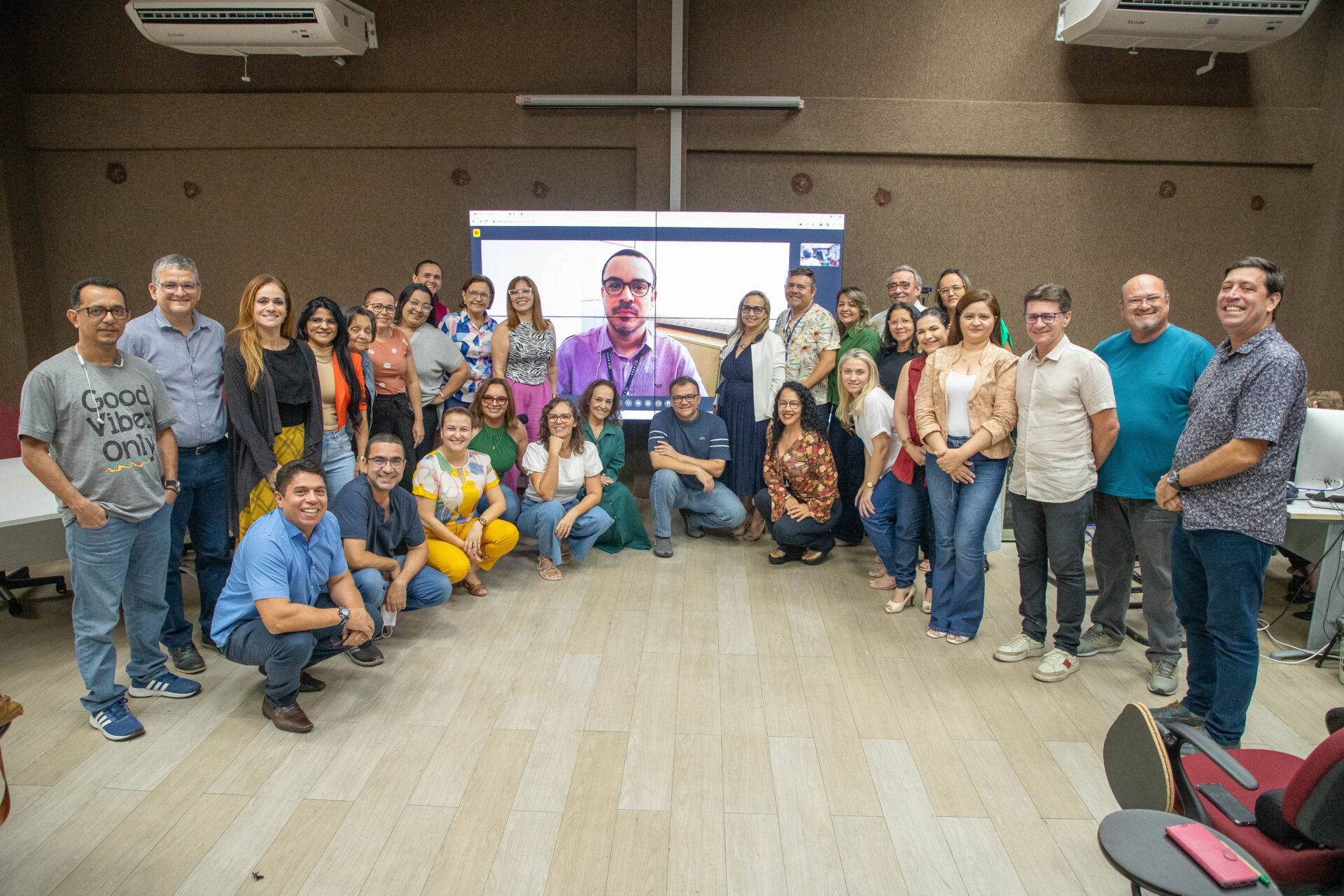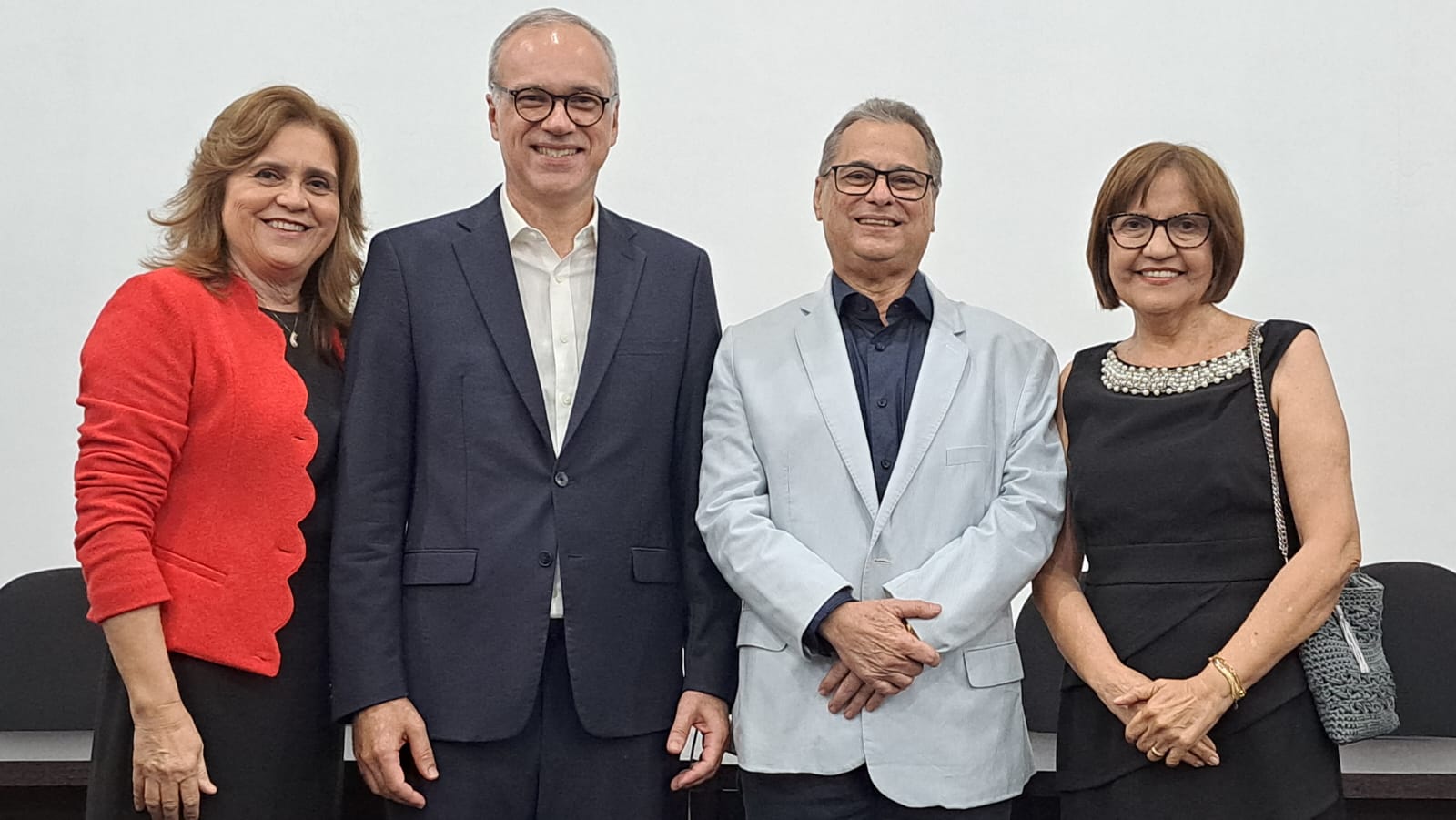SEDIS / UFRN produces 10 publications with pedagogical alternatives in the face of social distance
A year ago, the covid-19 pandemic broke the paradigms of those who work with face-to-face education in Higher Education. For the Secretariat of Distance Education of the Federal University of Rio Grande do Norte (SEDIS / UFRN), which has been working with the promotion of distance education for 17 years and encouraging the use of information and communication technologies as a teaching and learning tool, it was the time to share expertise and assist UFRN academic units in new challenges.
The adoption of Emergency Remote Education by the upper management of UFRN, as an alternative to social distance measures, mobilized professionals from SEDIS / UFRN on several fronts. As a result, distance courses were created for virtual learning environments (AVASUS, AVAProgesp / UFRN and AVAProex / UFRN) and there was the production of ICT Mediated Teaching Notebooks, called Information and Communication Technologies.
According to UFRN’s Distance Education Secretary, Carmem Rêgo, “this was a solution found to meet the needs of face-to-face courses in maintaining their educational routines and SEDIS offered to provide this support”. She also clarified that Emergency Remote Education is also based on technological tools, but unlike the distance learning modality, remote classes and activities are applied for a specific period of time.
From March 2020 until now, 10 ICT Mediated Teaching Notebooks have been produced. These publications guided the pedagogical practices of teachers, not only from UFRN but also from other places in Brazil. These contents are available on eduCAPES, a portal maintained by the Coordination for the Improvement of Higher Education Personnel (CAPES), of the Ministry of Education.
Notebook number 10, recently published, with the theme: “Propositions and tutorials for the use of Digital Resources in remote classes”, emerged from an extension project coordinated by Professor Letícia dos Santos Carvalho, responsible for subjects in the area of Education of the Faculty of Engineering, Letters and Social Sciences of Seridó (FELCS), installed in November last year, in Currais Novos.
According to Letícia Carvalho, the project “The use of Digital Technologies of Information and Communication (TDIC) in the elaboration of didactic products” supported the initial and continued training of teachers, in the construction of activities aligned with the school reality. Notebook 10, developed in collaboration with 3 undergraduate students, helps in the process of developing school activities in a world that is increasingly connected by digital tools.
Bruno Cássio – SEDIS / UFRN Media Sector.
Últimas notícias
1
Use of ChatGPT and plagiarism in the academic environment will be discussed at a virtual event promoted by SEDIS/UFRN

1
UFRN, IFRN, UFERSA and UERN discuss proposals to advance the internalization of higher education in the state

1
UFRN’s Rector reinforces the strategic role of Distance Education for Rio Grande do Norte
